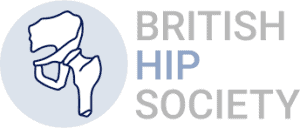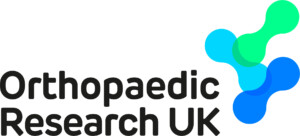Joint Research Partnership
The British Hip Society (BHS) and Orthopaedic Research UK (ORUK) announce new application round for joint fellowship
The British Hip Society (BHS) and Orthopaedic Research UK (ORUK) are pleased to announce they will be offering a full-time, 2-year research fellowship of up to £110k, to start by no later than February 2025.
Applications for the joint research fellowship will be opening on Friday 3 May 2024.
In partnership with The James Lind Alliance (JLA), the BHS recently completed a Problematic Hip Replacement Priority Setting Partnership (PSP) to identify the top 10 unanswered questions from patient and clinical perspectives relating to the assessment, management or rehabilitation of patients with problematic hip replacements.
The focus of this year’s BHS/ORUK Research Fellowship is to invite researchers to develop applications that will aim to answer one of these ten important questions as defined below or an alternative question that meets the aims of the BHS and ORUK:
- How can the cause of a problematic hip replacement be diagnosed more quickly and accurately?
- What causes pain in hip replacements? How is this best treated and managed, including using non-surgical approaches?
- What can be done before revision hip surgery (including physiotherapy, lifestyle change and exercise) to optimise the result?
- What are the best ways (including non-surgical treatments) of managing fractures around hip replacements?
- Are there ways to identify which people with a problematic hip replacement will benefit from revision surgery?
- What can be done after revision hip surgery (including physiotherapy and exercise) to optimise the result?
- What are the best ways to treat and manage infected hip replacements?
- What treatment benefits people with a problematic hip replacement when no cause is found?
- Is revision hip surgery best carried out by a specialist or non-specialist surgeon? Which is more successful and cost-effective?
- What are the early signs of a problematic hip replacement which indicate patients need to be assessed?
The successful candidate will be expected to register for study towards a higher degree (MD, PhD, DPhil or equivalent) from a UK University. This will require a leave of absence from clinical roles and / or training with agreement of employers or training programme directors.
Applications will be a single stage process closing on Friday 5 July, followed by interviews and award decisions in September.

